In today’s world of rapid change, the search for environmentally friendly energy sources has become even more pressing. The differentiation between sun-oriented power and customary petroleum derivative-based energy has become a significant issue of debate. Environmentally conscious people prioritize addressing environmental changes and decreasing our dependence on non-renewable energy sources.
Using sound judgment concerning our future energy requires a comprehension of the natural impacts of these two energy sources. And, it will become easier to understand the differences between solar energy And fossil fuels.
Solar power, produced by the sun’s radiation, is a viable alternative to conventional energy sources like coal, oil, and natural gas. Sun-powered energy has a great deal of prevalence as a cleaner, all the more harmless to the ecosystem decision because of its inexhaustible nature and interminable stock.
Petroleum products that industries have used as the fundamental wellspring of energy for centuries have experienced harsh criticism in light of their adverse consequence on the climate. This article attempts to get the natural impacts of petroleum derivatives and solar energy, assessing how each influences air contamination, water use, land debasement, and ecological changes.
What is Solar Energy?
Nearly every environmentalist views solar energy as something that can help the planet heal. In addition to catering to the power needs of households, commercial space, and industries, solar energy is the light and intensity emanating from the sun that people can catch and use for their energy needs.
Envision the sun’s light converted into electricity that powers every home. That is the wizardry of sun-powered innovation. There are two primary ways of harnessing solar energy. The first one is photovoltaic (PV) boards that convert sunlight into power. The other one is solar thermal frameworks that use the sun’s intensity, for instance, to warm water in households or elsewhere.
Pros of using Solar Energy
There is no denying that solar energy has been gaining steady popularity in a country like India for the last decade or so. Common people have realised the importance of solar energy and how suitable it is for the environment compared to conventional fossil fuel-based energy sources.
- Solar energy is an environmentally friendly and renewable source
- Unlike fossil fuels, solar energy helps lower electricity bills
- This is the cleanest and emission-free energy source
- One does not have to experience any hassle pertinent to the maintenance of solar panels
- The market value of a property with solar panels is higher than the ones without them
- Solar energy is ideal for a range of applications – powering homes, heating water and charging e-vehicles
- Households and businesses that rely on solar energy often receive financial incentives from the government.
What are Fossil Fuels?
You can regard fossil fuels as buried sunshine, holding the old energy of dead plants and creatures. Over millions of years, extreme pressure and heat have changed these remnants into burnable materials humans depend on for energy. However, unlike sun-powered energy, fossil derivatives are a limited asset.
The three fundamental non-renewable energy sources are coal, oil, and gaseous petrol. Coal, a sturdy dark or earthy colored rock, is the extra remaining parts of marsh timberlands packed over the long run. Oil, a thick, combustible fluid, derives from the decayed remaining parts of marine life. Flammable gas, the cleanest consuming petroleum derivative, is a vaporous combination comprising primarily methane, frequently found near oil stores.
While fossil fuels have been instrumental for quite a long time in generating power, using them leads to an increase in ozone-harming substances, which adds to environmental change. Cleaner energy sources like sun-based power are more sought-after for attaining a sustainable future.
What are the Impacts of Fossil Fuels on the Environment?
Throughout the last 100 years, industry and monetary development have generally depended on petroleum derivatives, like coal, oil, and flammable gas. The negative ecological impacts of their extraction, handling, and consumption are becoming increasingly self-evident and concerning.
Here’s how the continuous use of fossil fuels has harshly affected our environment for years.
Environmental Changes
Burning fossil fuels releases a lot of greenhouse gases, primarily carbon dioxide, into the atmosphere. These gases become intensity traps and add to the nursery impact, which causes environmental change and a dangerous atmospheric deviation.
The primary driver of anthropogenic environmental change, which brings about expanding temperatures, changing atmospheric conditions, and quick ocean-level ascent, is the excessive development of carbon dioxide.
Air Pollution
The consumption of petroleum products discharges perilous contaminants like sulfur dioxide, nitrogen oxides, particulate matter, and unstable natural mixtures, notwithstanding carbon dioxide. Brown haze, corrosive downpours, respiratory illnesses, and other destructive influences on well-being, these synthetics additionally add to air contamination.
Furthermore, ground-level ozone, which is a solid ozone-harming substance that causes air contamination, is framed because of discharges from petroleum products.
Water Pollution
The extraction and transportation of petroleum products might cause events that lead to water tainting. For example, oil slicks from seaward penetrating or transportation disasters might destroy marine environments and kill aquatic species and sully water sources.
Besides, poisonous synthetic compounds and other destructive substances can enter groundwater by releasing wastewater from water-powered breaking activities.
Land Debasement
Digging and prospecting for petroleum derivatives can altogether corrupt the climate. Ecosystems are destroyed, biodiversity is lost, and species are displaced due to surface mining, such as removing mountain tops for coal extraction. Like how living space fracture and biological system interruption from oil and gas penetrating may significantly affect biodiversity and environment administrations.
Adverse Effects on Health
The release of pollutants into the air as a result of burning fossil fuels is the cause of asthma, lung cancer, and cardiovascular issues. The well-being impacts of living near non-renewable energy source extraction destinations, treatment facilities, or power plants habitually fall excessively on low-pay and minimized gatherings.
These adverse consequences on the biological system show that changing from petroleum derivatives to cleaner, more reasonable energy sources is crucial. By addressing the issues brought on by the use of fossil fuels, promoting a more sustainable and resilient future by reducing climate change is possible. Moreover, improving the quality of air and water, maintaining ecosystems, and safeguarding human health can be easier.
Impact of Solar Energy on the Environment
When gone against ordinary petroleum product-based energy sources, solar energy, obtained from the sun’s abundant and inexhaustible assets, offers a few ecological benefits. Sun-oriented energy systems provide a reasonable and clean choice that dials back ecological weakening and environmental change using the sun’s force.
Greenhouse Gas Emission Reduction
One of the enormous advantages of sun-powered energy is that it emanates next to no ozone-harming substance. In contrast to fossil fuels, the production of solar power does not result in the emission of harmful pollutants like carbon dioxide into the atmosphere.
Sun-oriented energy helps bring down ozone-depleting substance fixations by supplanting petroleum product-based power age. It diminishes the impacts of environmental change and its connected effects.
Sustainable and Renewable Energy Source
Sunlight-based power is an environmentally friendly, reasonable, practically boundless power. We can utilize sunlight-based energy to make power as long as it sparkles. Interestingly, non-renewable energy sources are limited assets that should be removed and are sometimes accessible. We can radically decrease our dependence on petroleum products and advance long-haul energy management by utilizing sun-oriented energy.
Air Quality Improvement
The utilization of sunlight-based energy brings about no outflows of particulate matter (PM), nitrogen oxides (NOx), or sulfur dioxide (SO2). This reduction in unsafe discharges further develops air quality and diminishes respiratory sicknesses and other air contamination-related medical conditions.
By reducing the production of smog, acid rain, and the release of hazardous chemicals into the atmosphere, the utilization of solar energy benefits both human health and the environment. Hopefully, it is clear to you that when comparing solar energy vs fossil fuels, the former is much more beneficial in improving air quality.
Conservation of Water Resources
Solar energy systems just need a little measure of water, unlike petroleum product power plants, which require enormous volumes for cooling and different tasks. Conventional power-creating procedures utilize a ton of new water.
Doing so impacts an area’s water assets, harms aquatic environments, and makes water-deficient regions considerably more scant, making it challenging to find places. Solar energy, with its low water impression, assists with monitoring valuable water assets and helps decrease the burden on biological systems.
Disturbance of Land in Minimal Proportion
Sun-oriented energy systems might be set up on a few surfaces, like parking areas, rooftops, and empty land. They have less of an effect on ecosystems and natural habitats because they don’t require much digging or land clearing.
It is possible to forestall the eradication of scenes and biodiversity conservation by utilizing open areas for sun-oriented clusters. Therefore, it encourages environmental equilibrium and shields precious typical assets.
Solar Energy Resilience
Solar energy assists individuals with turning out to be more accessible and less reliant upon non-renewable energy sources. Sun-oriented energy diminishes the interest in significant distance energy transmission by delivering power up close and personal, limiting transmission misfortunes and supporting energy versatility.
The decentralization of energy generation aids in both the advancement of energy independence and the improvement of the power grid’s general stability.
Cost Comparison between Solar Energy & Fossil Fuels
The table features various cost-related aspects of solar energy and fossil fuels.
| Aspect | Solar Energy | Fossil Fuels |
| Upfront expenses | High | Low |
| Power expenses (after 5 years) | Low | Variable |
| Lifetime cost | Lower | High |
| Maintenance cost | Low | Variable |
| Government incentives | Available | None |
Noteworthy Indian Government Initiatives in the Solar Energy Sector
The Central Government of India has been crucial in creating awareness among people regarding the potential and benefits of solar energy. India is a solar power leader because the government has taken commendable initiatives for the last few years.
- National Solar Mission
- National Portal of Rooftop Solar
- Financial Incentives and Subsidies
- International Solar Alliance
Final Words
Sunlight-based energy is a fundamental piece of the change to a maintainable and low-carbon future because of its constructive outcomes on the climate. Embracing sun-based energy is a stage towards a more robust and feasible energy framework and an interest in the environment.
Each person’s effort can help decrease ozone-depleting substance outflows, upgrade air and water quality, keep up with biological systems, and protect human well-being by expanding the utilization of sun-oriented energy and embracing clean energy choices. The depletion of fossil fuels will adversely affect the environment in the coming times. It’s high time for everyone to prioritize making the most of alternative, sustainable, and eco-friendly energy sources.
Frequently Asked Questions
Do fossil fuels release more pollution than solar cells?
Indeed, unlike fossil fuels, solar cells do not emit any emissions and affect the air quality.
What is the biggest source of fossil fuel pollution?
Coal is the most pollution-creating non-renewable source of energy.







































































































































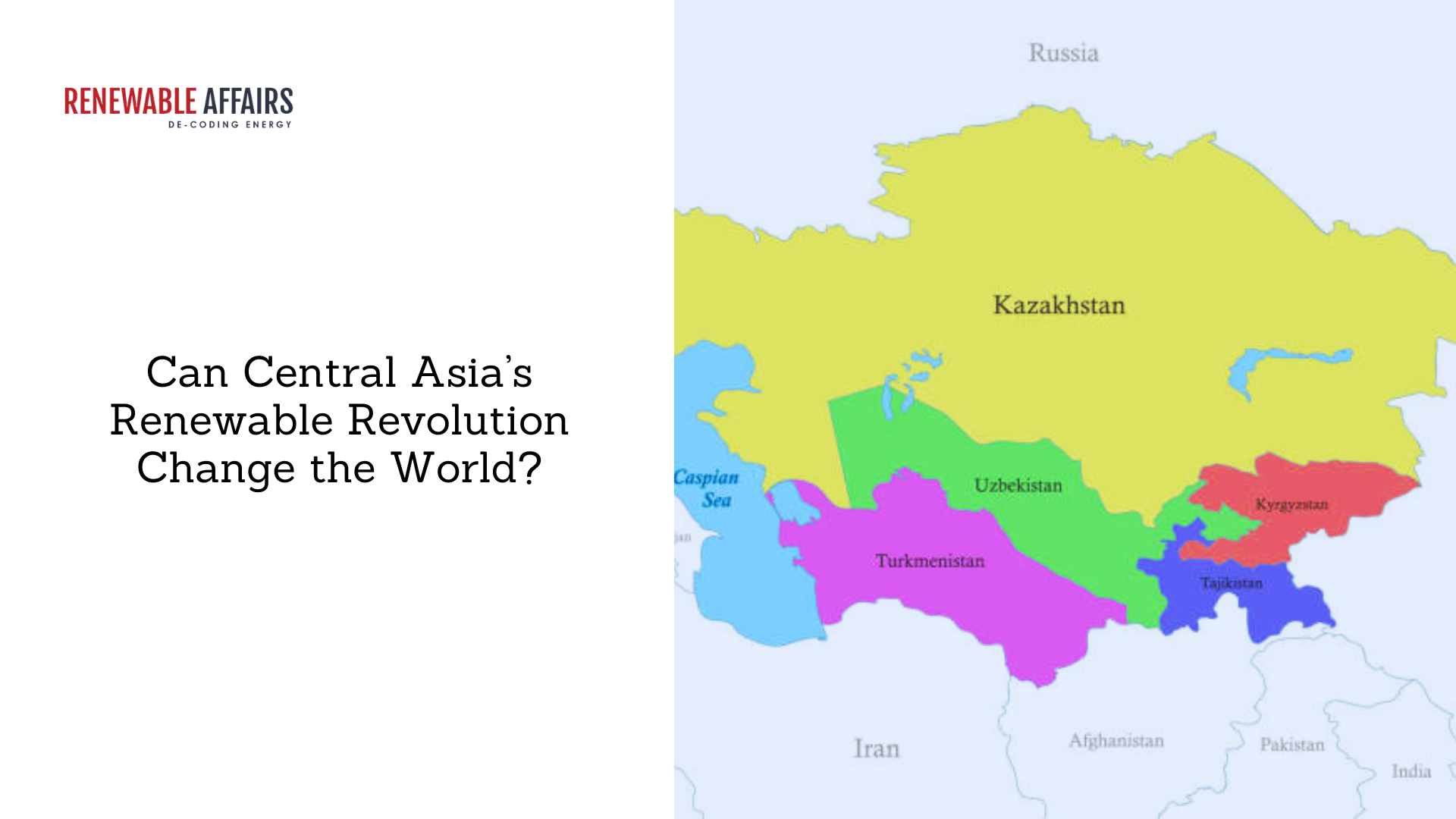







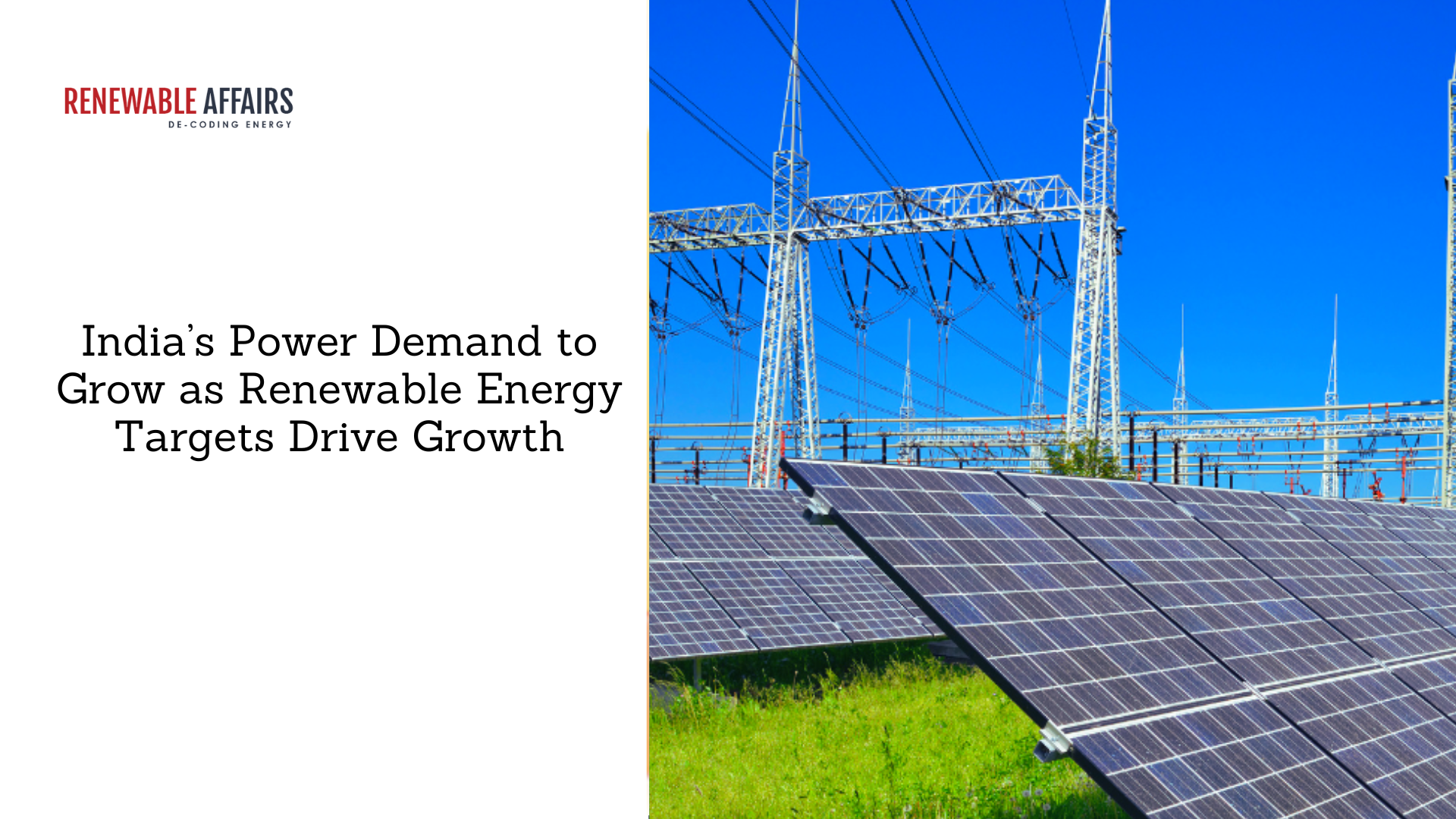















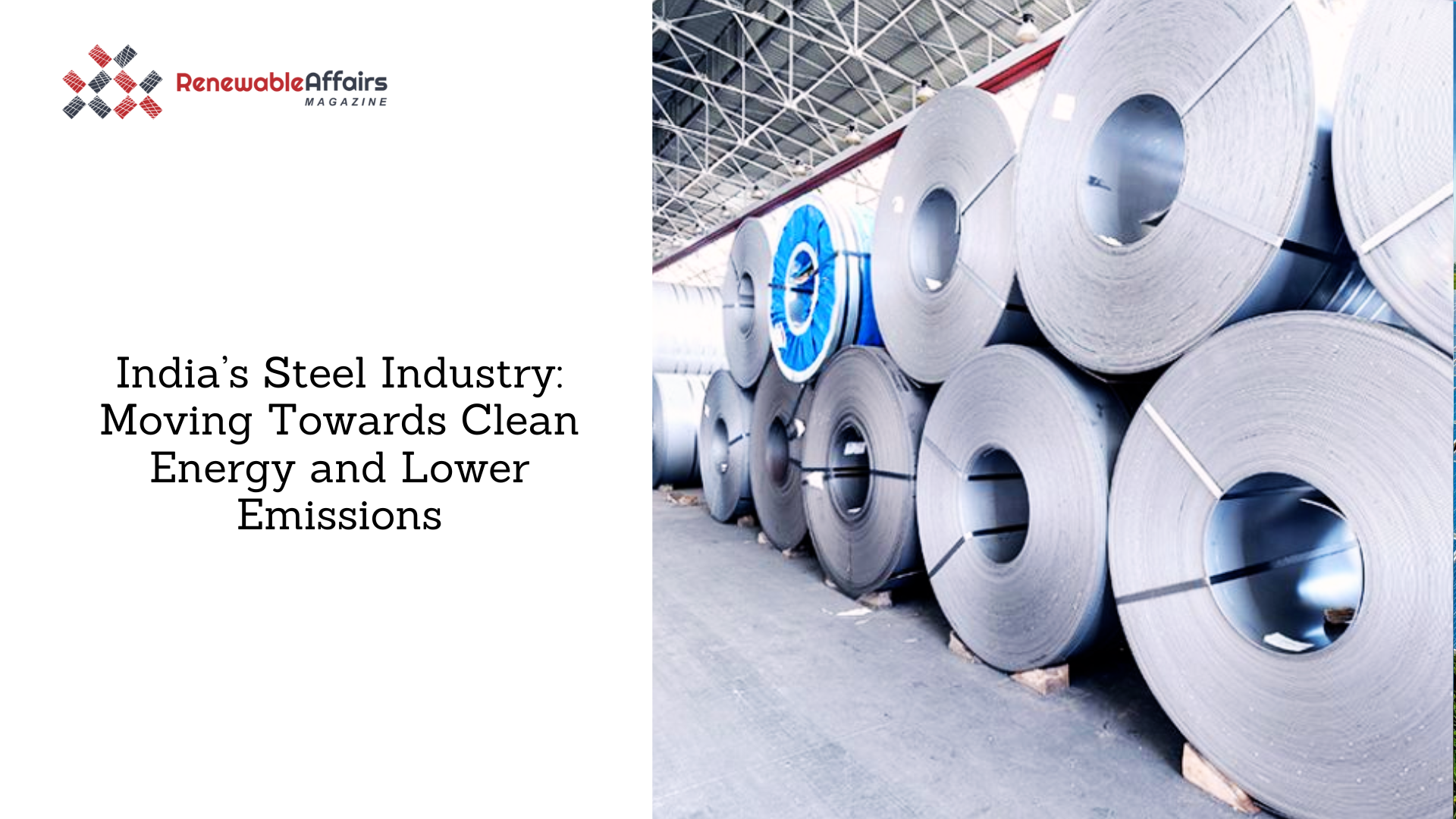



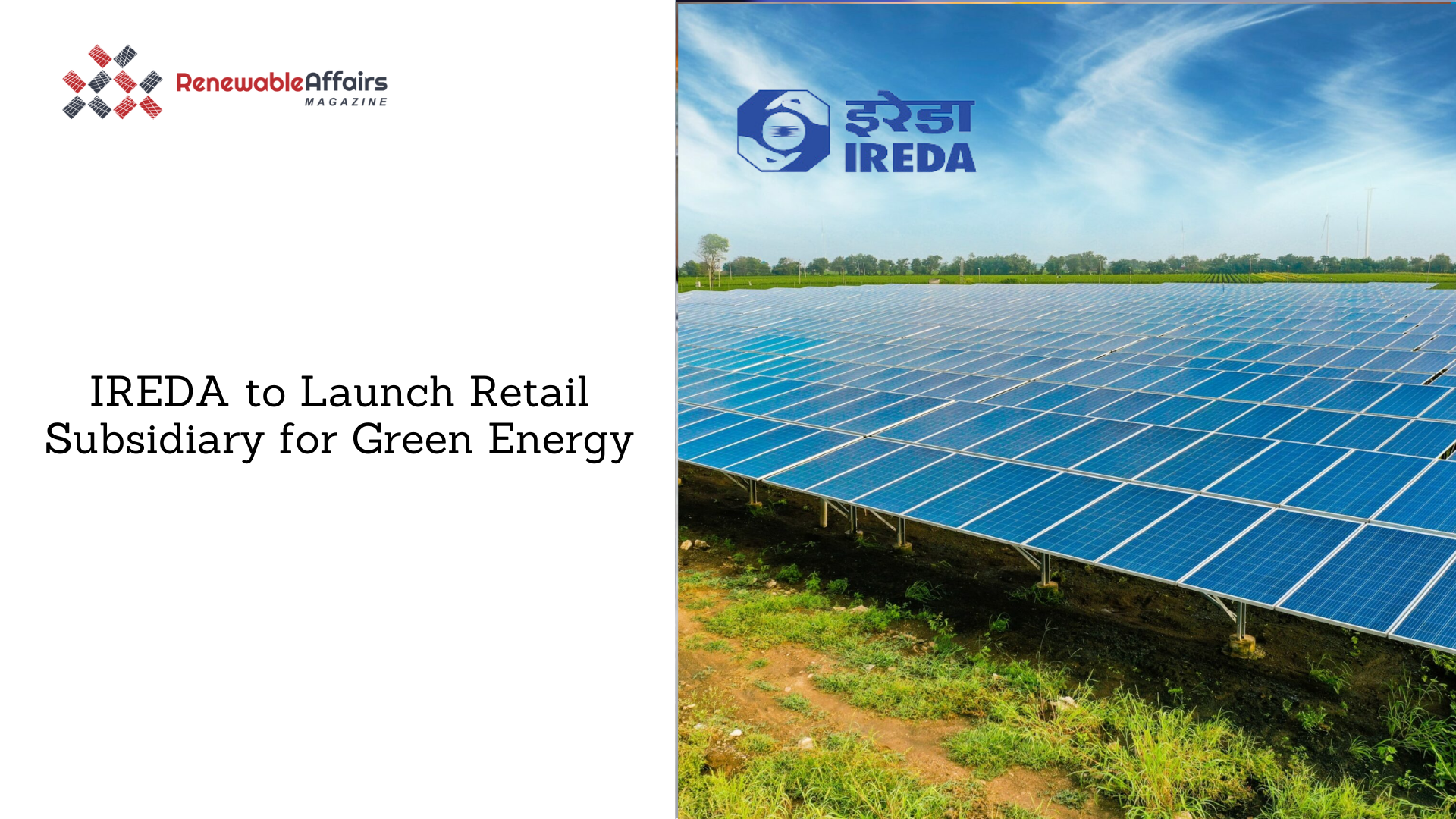















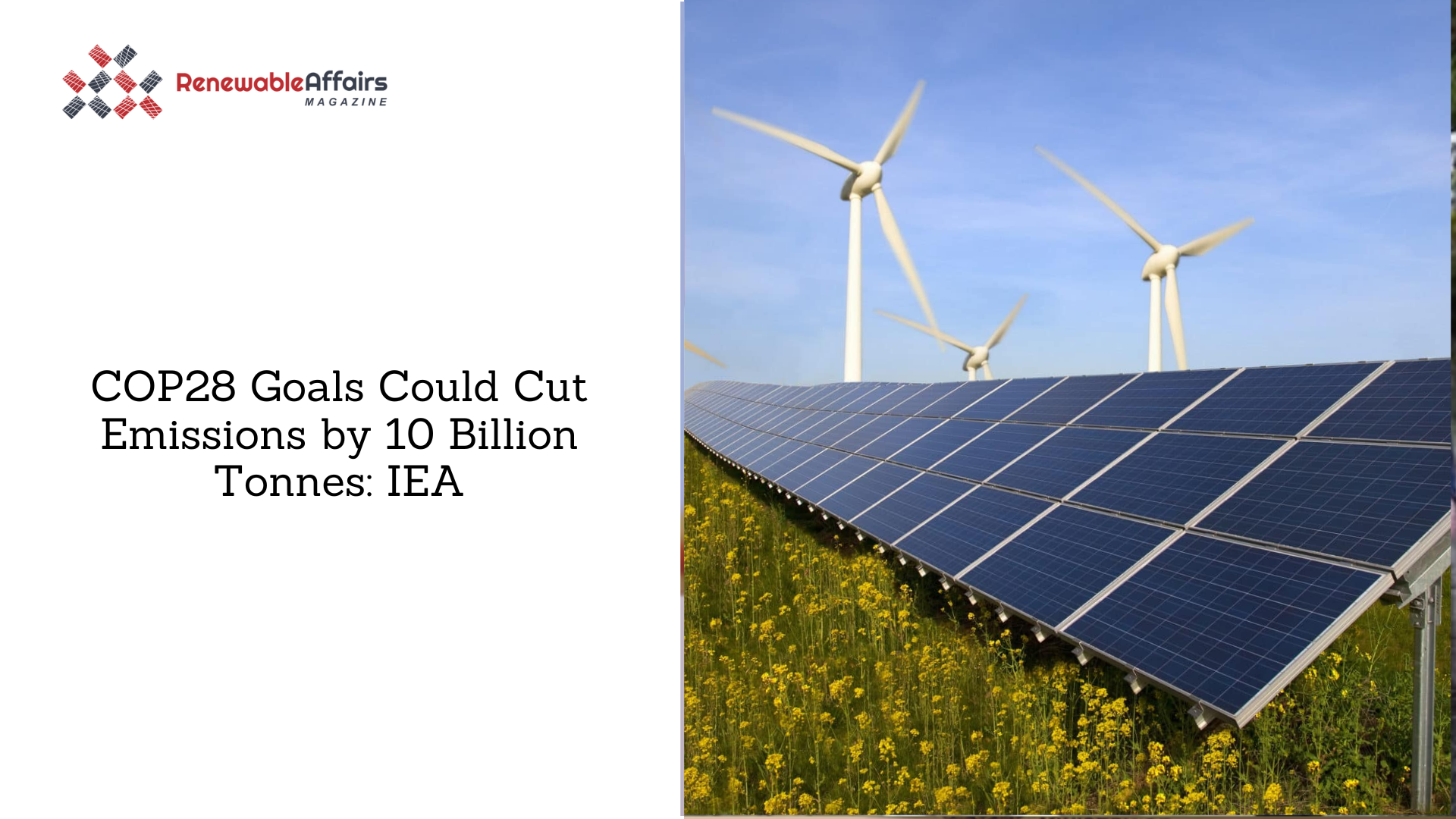










































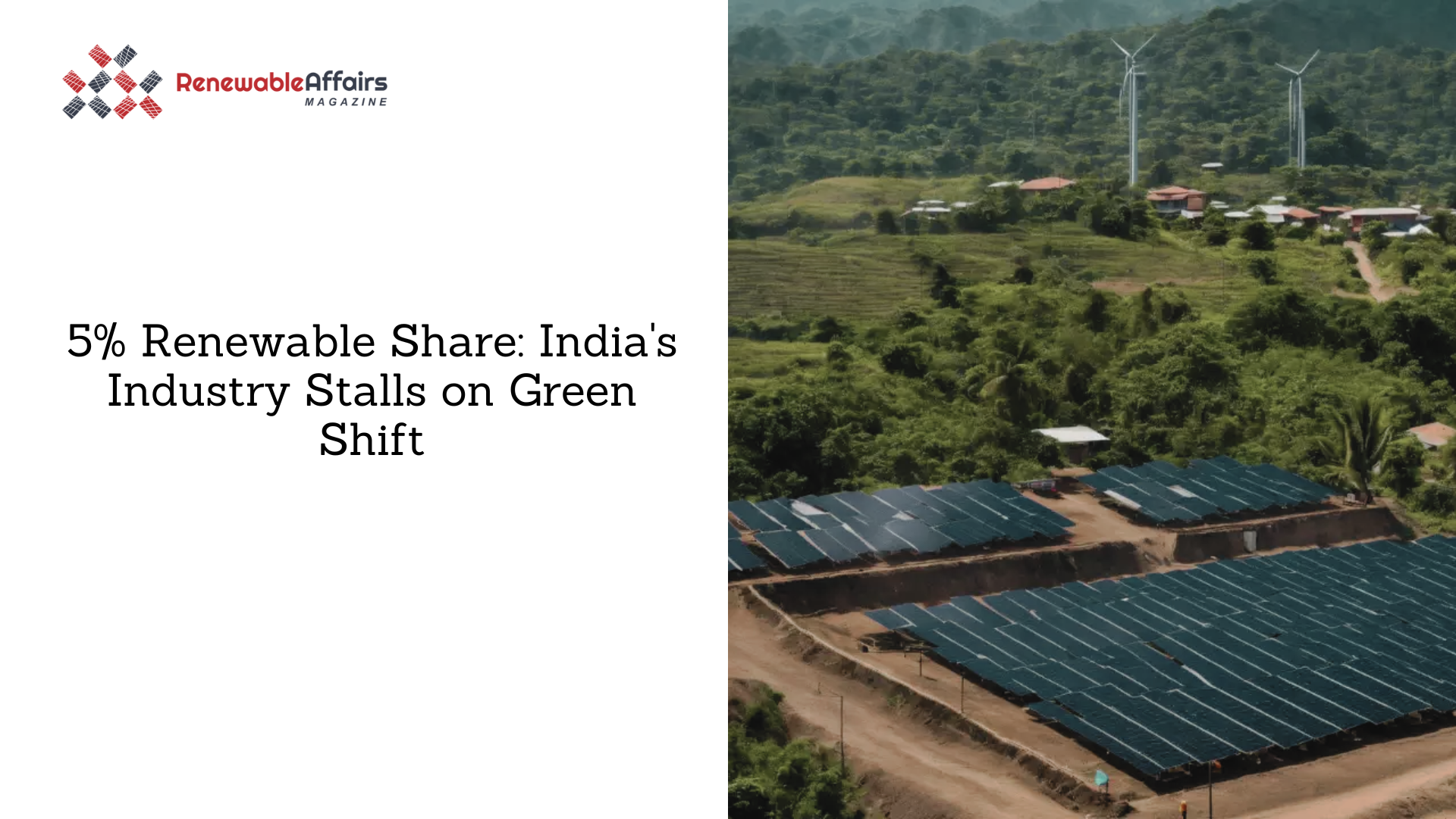











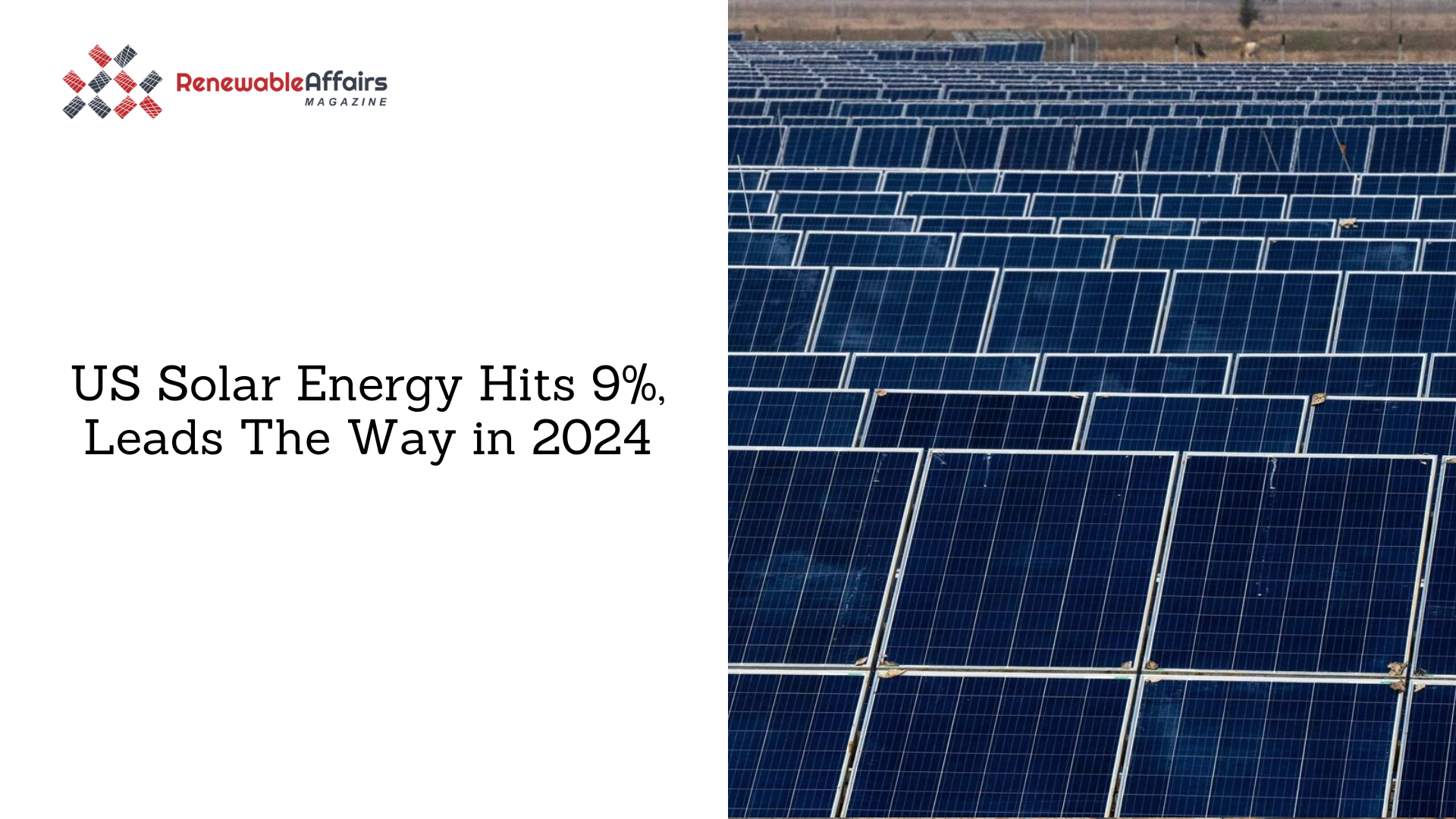


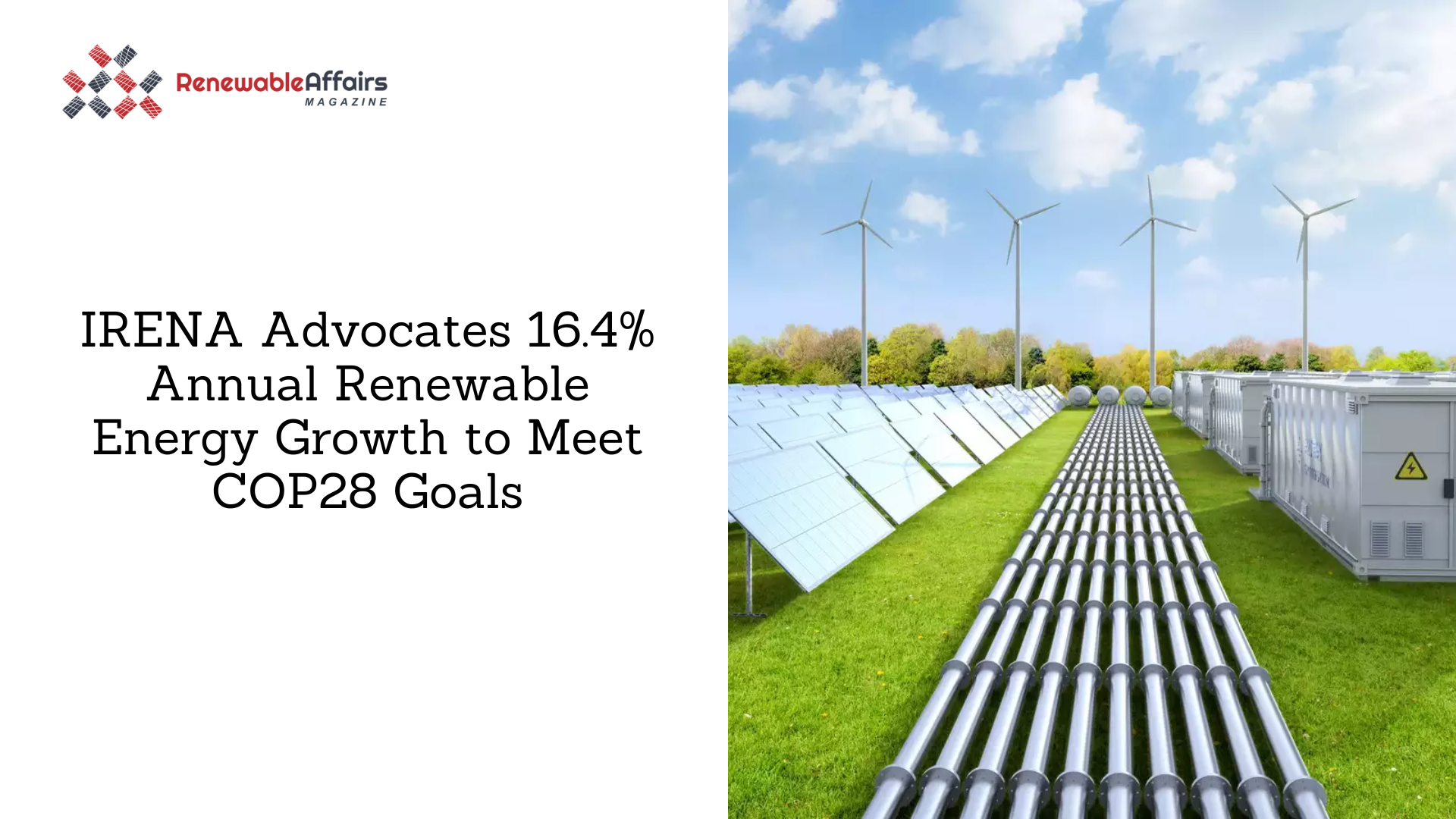

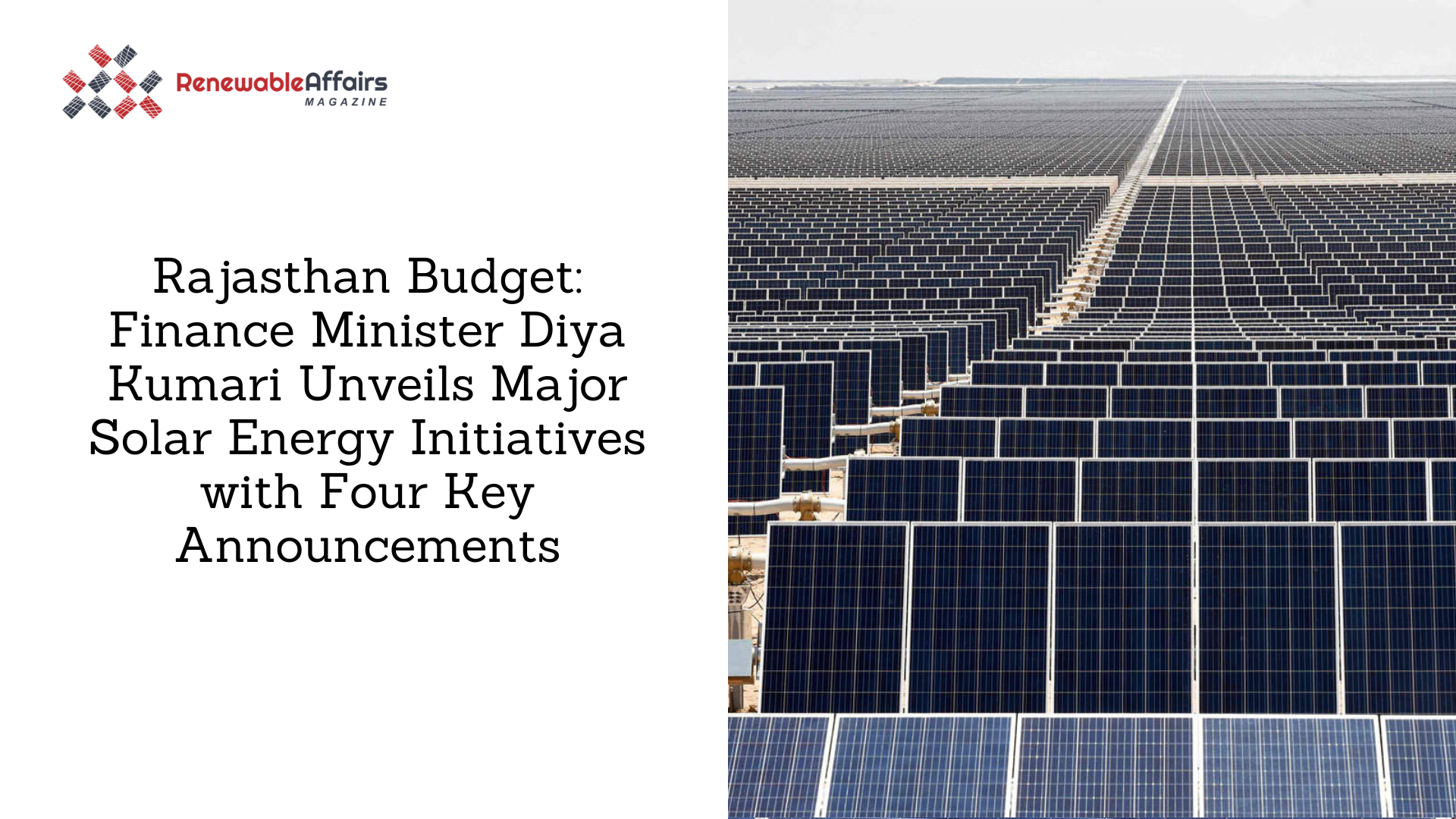




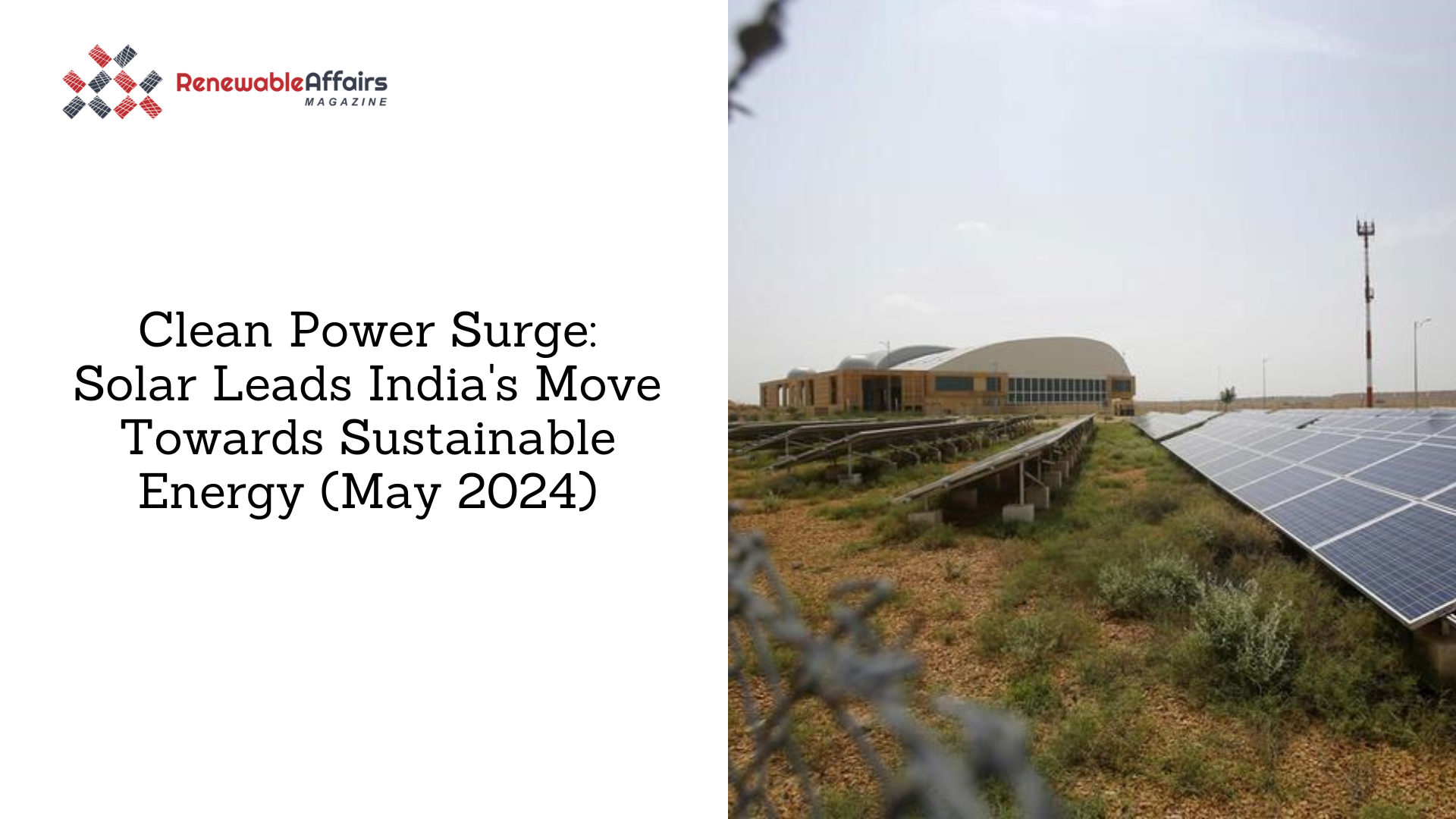





















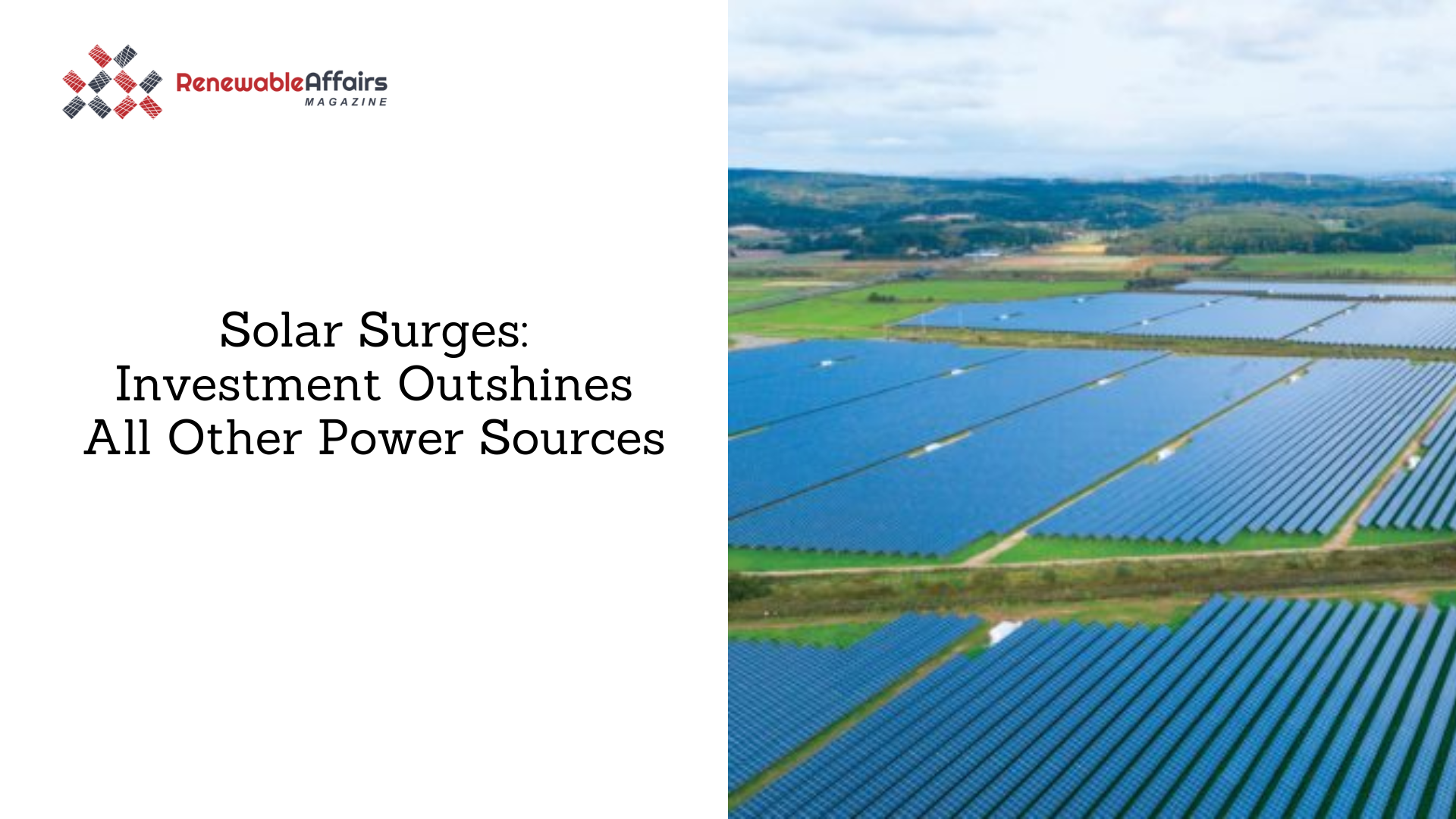











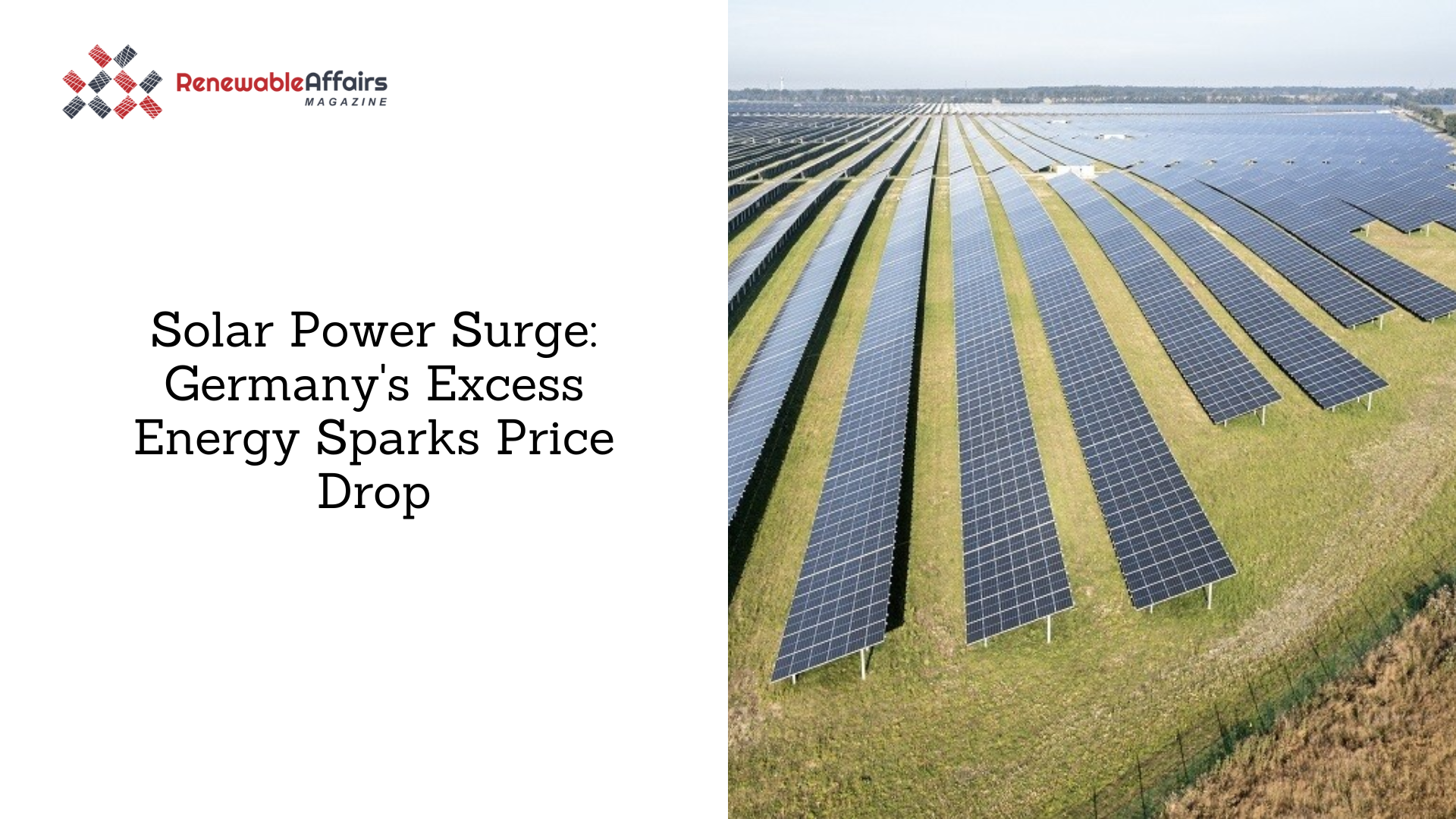








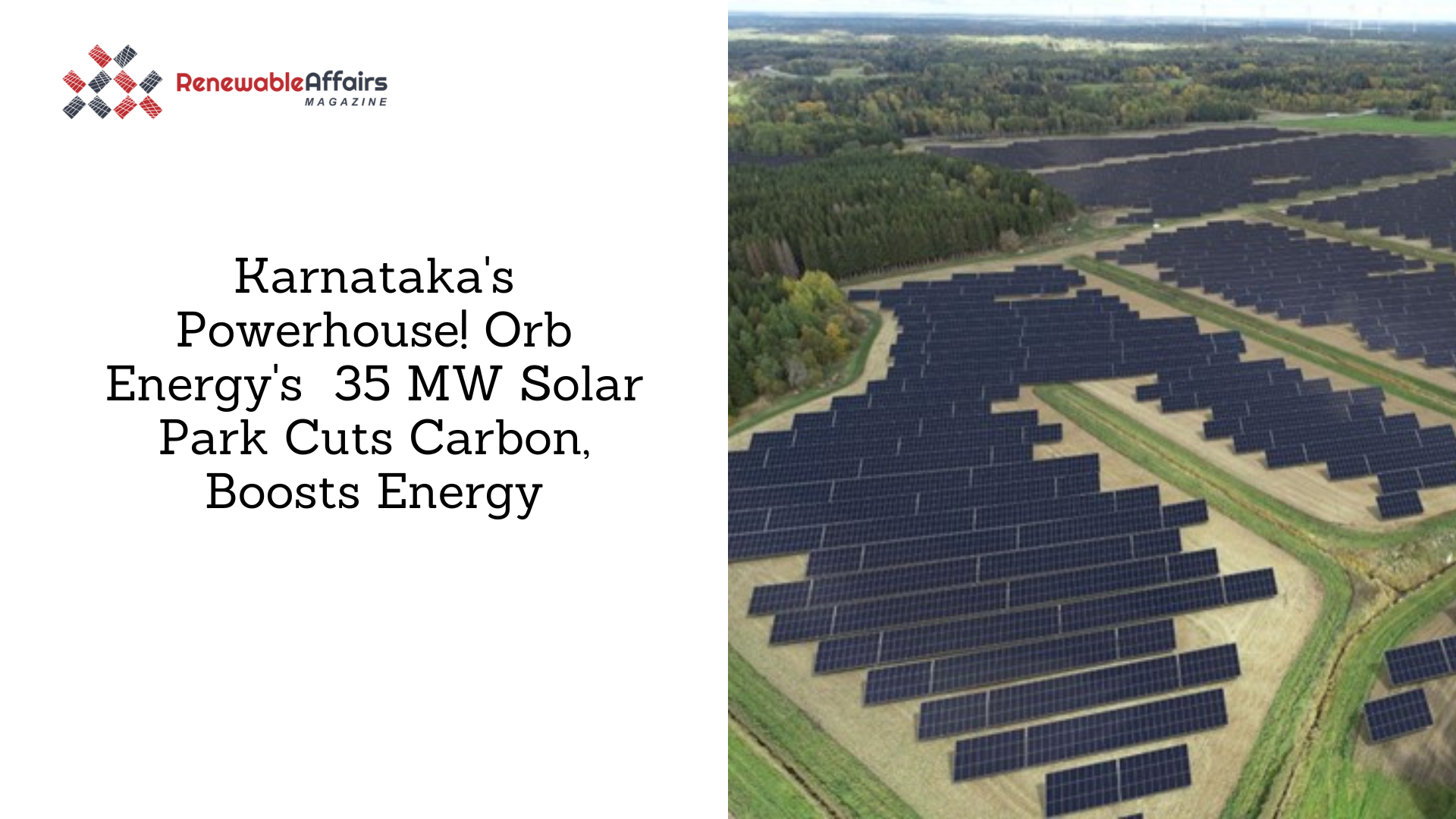





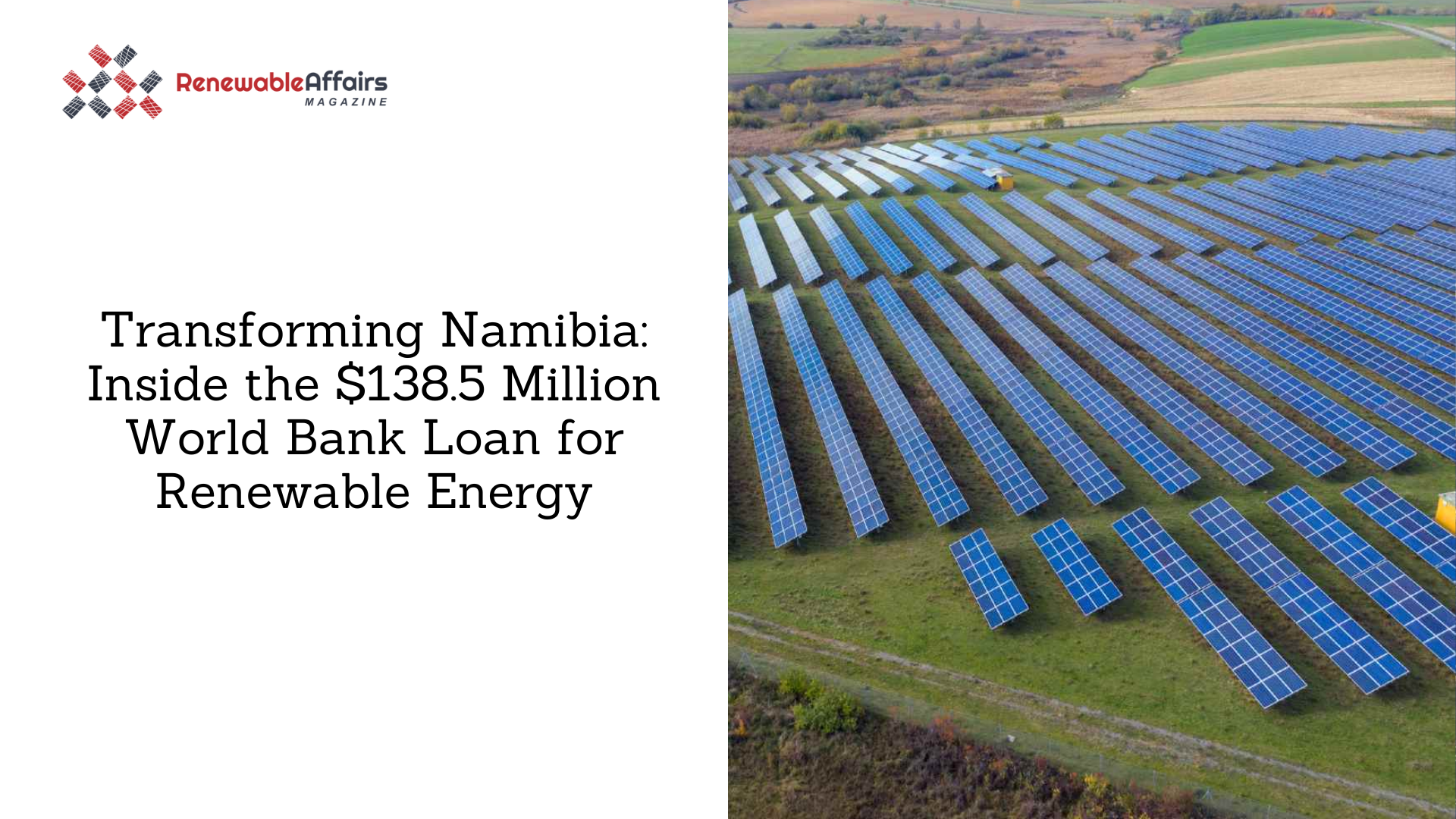


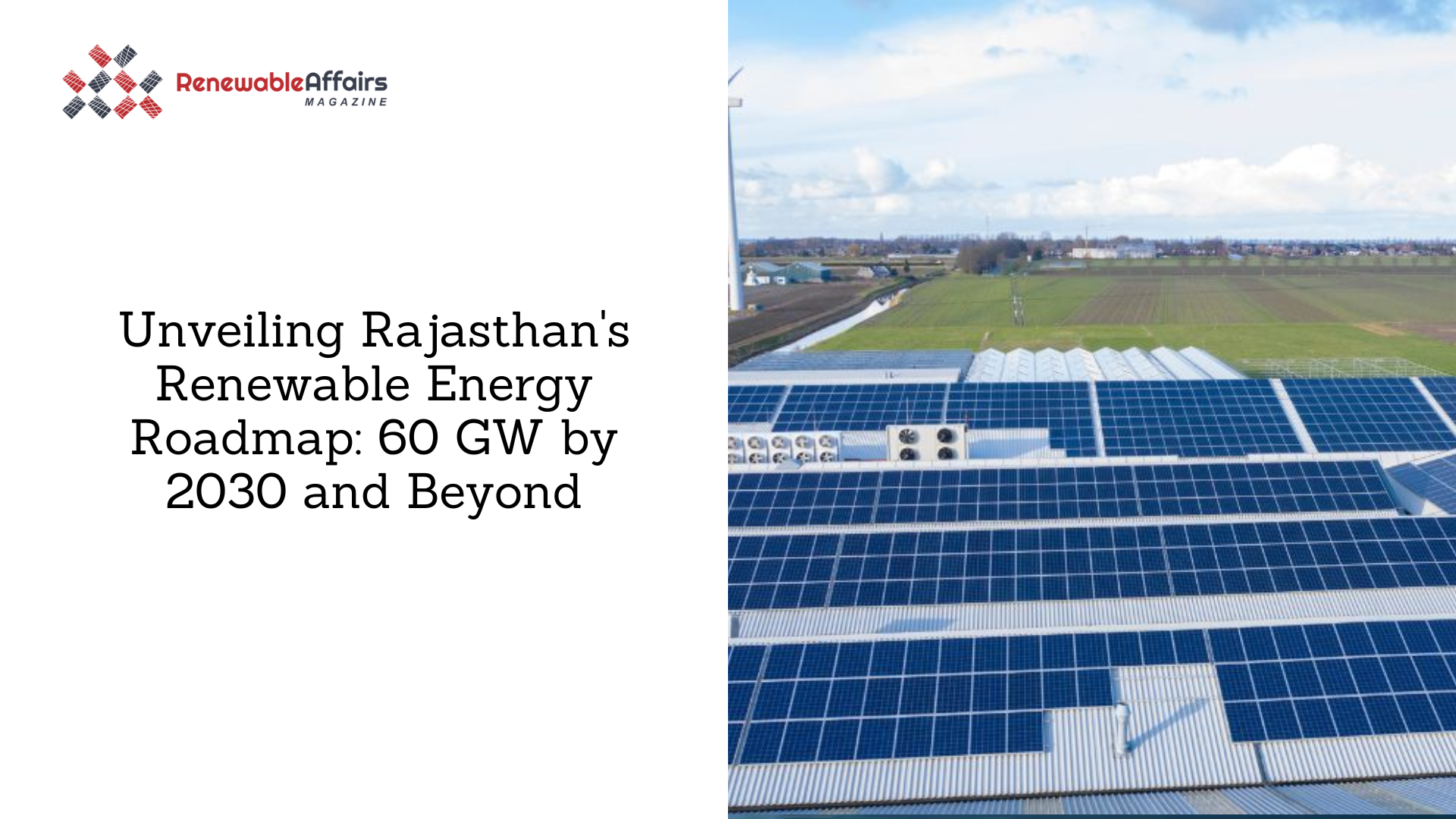



























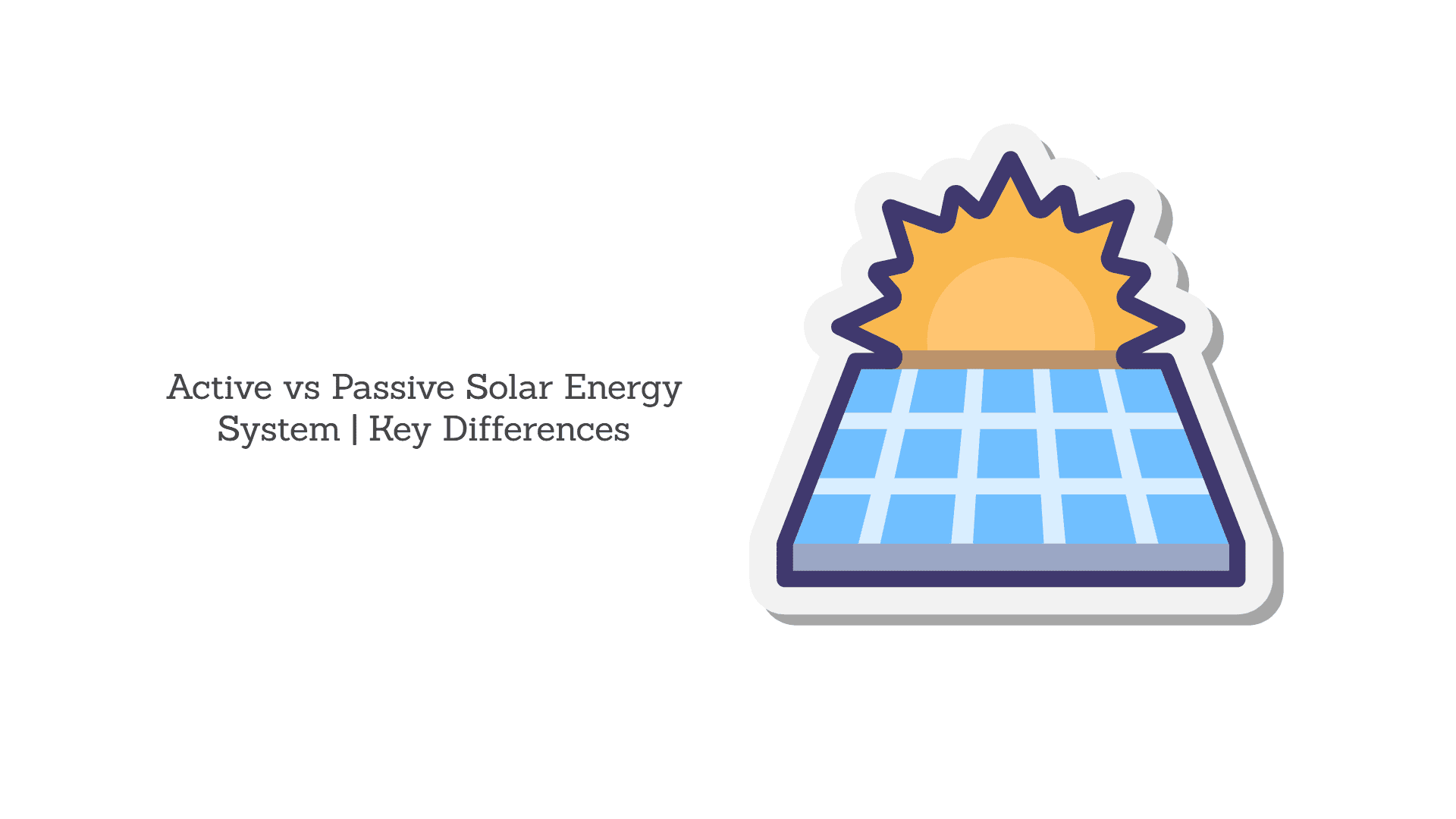


























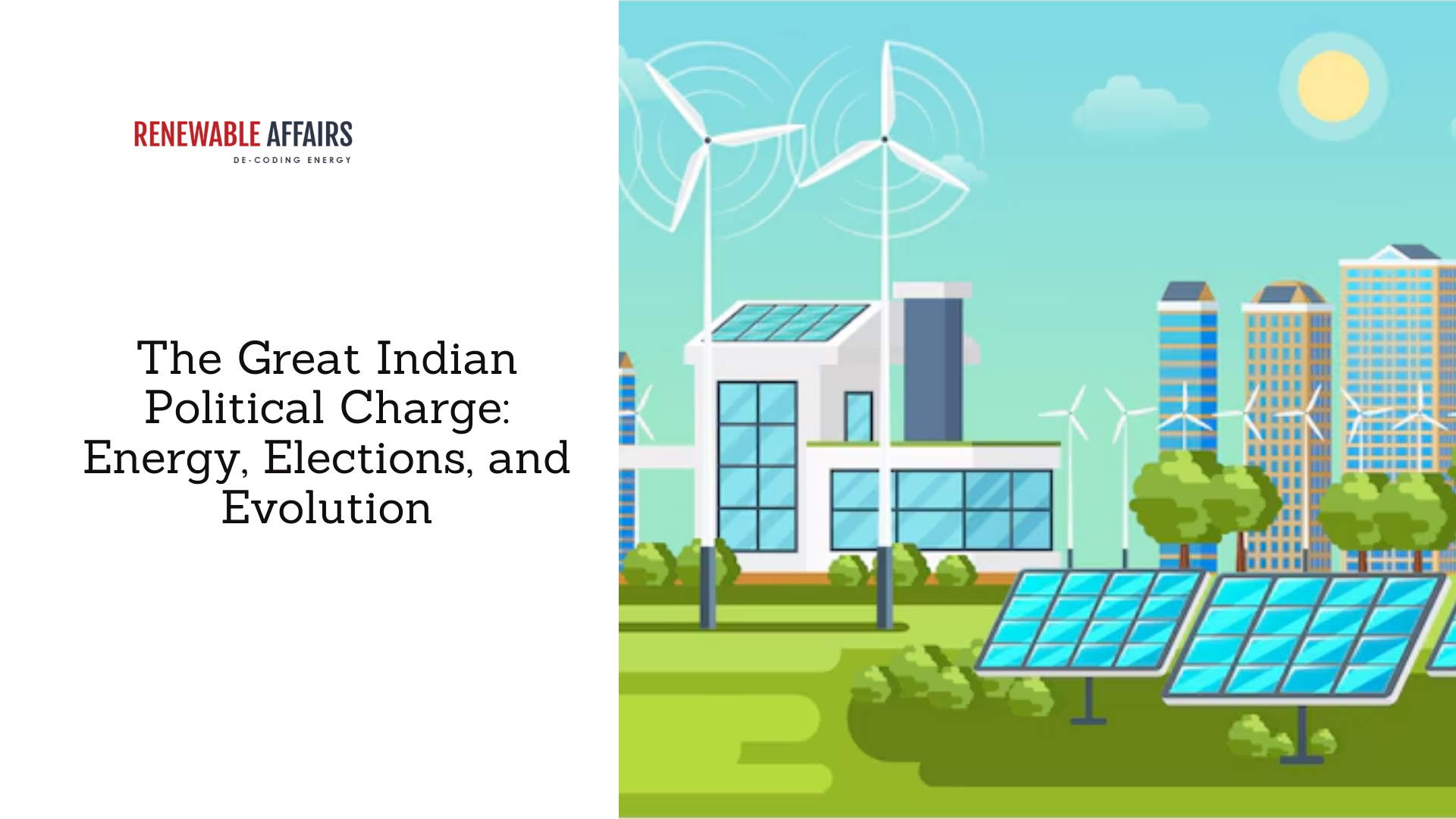

0 Comments